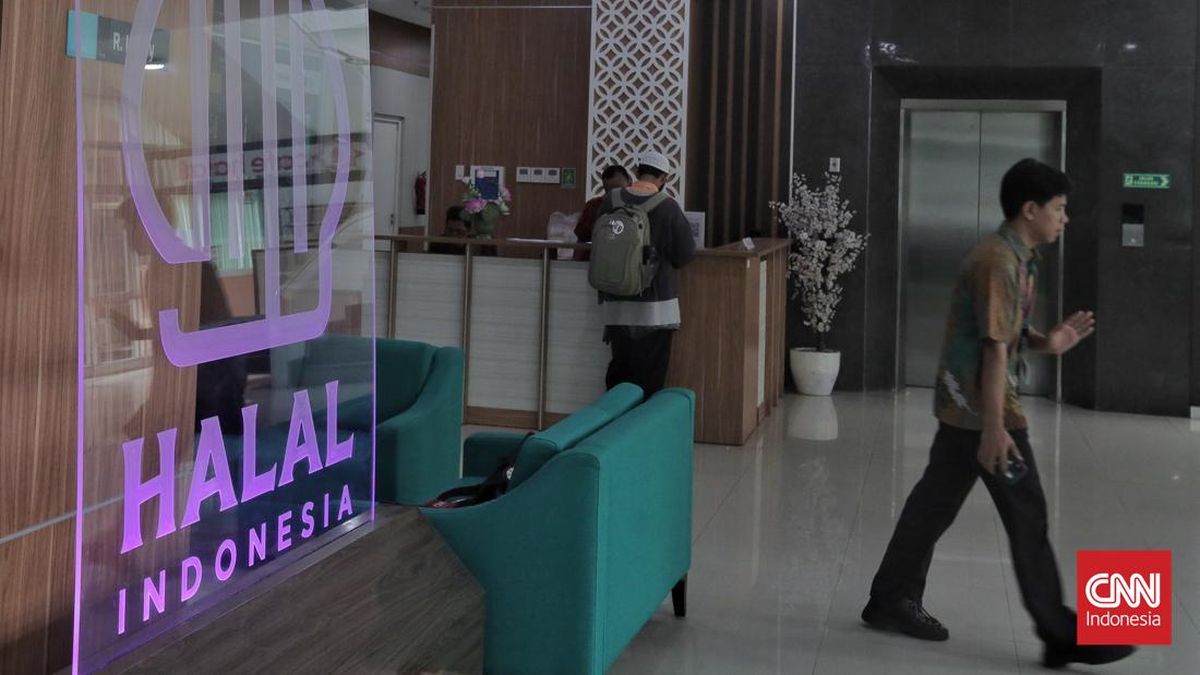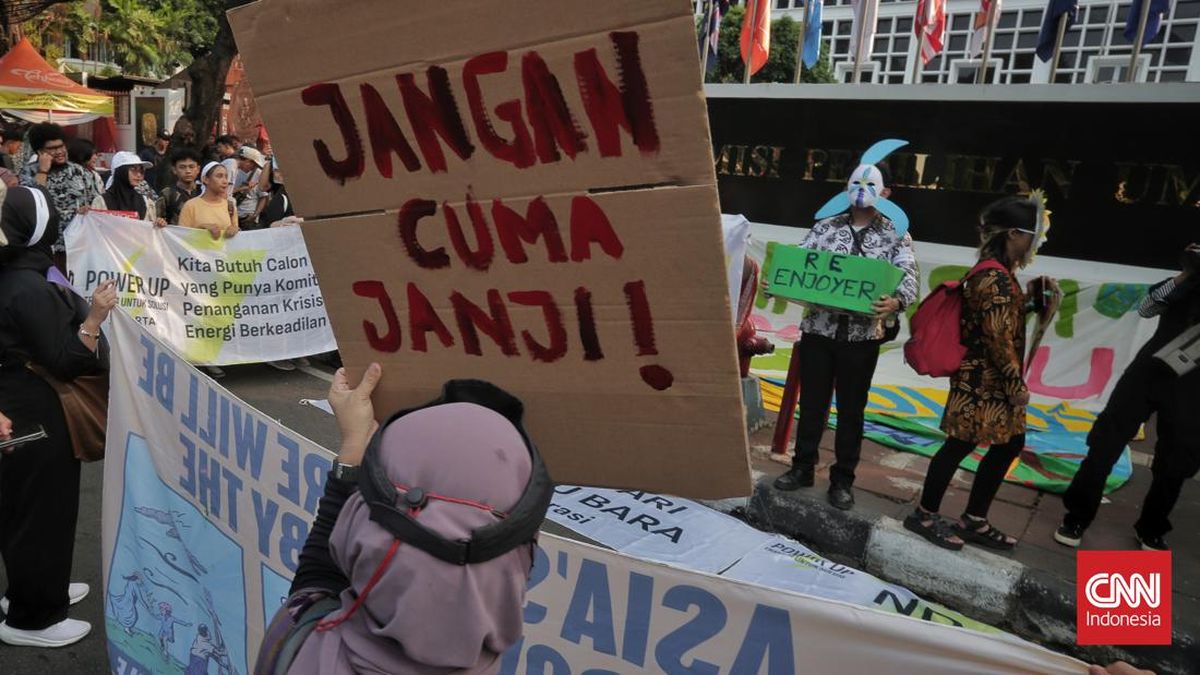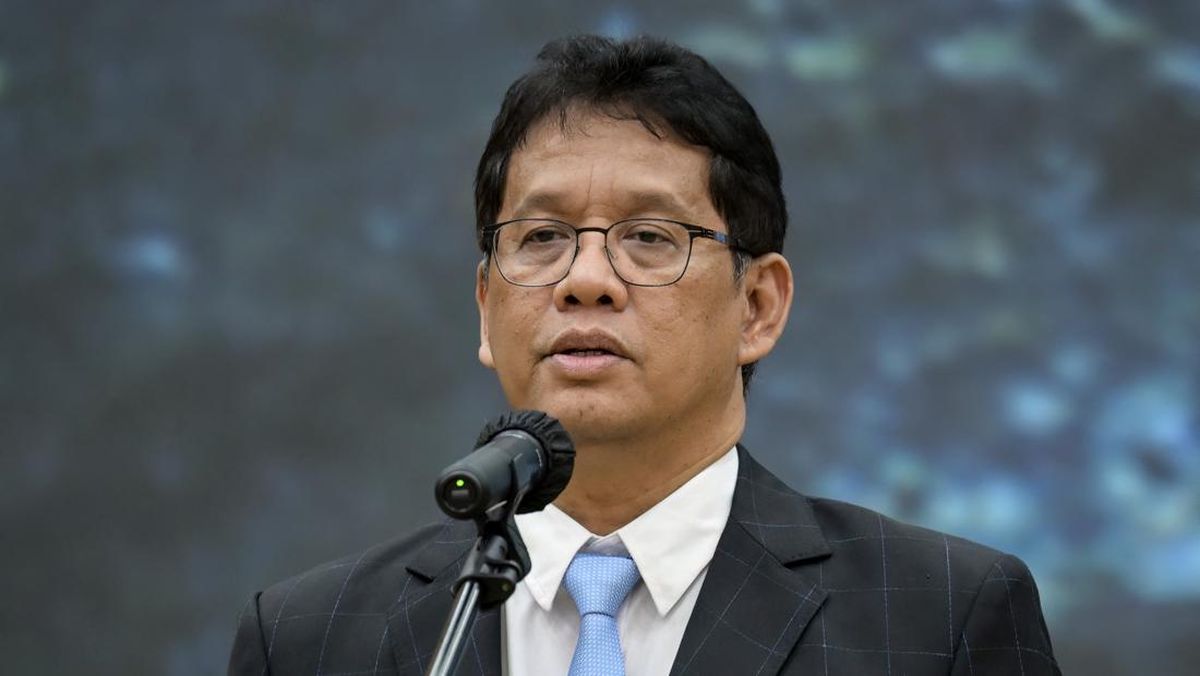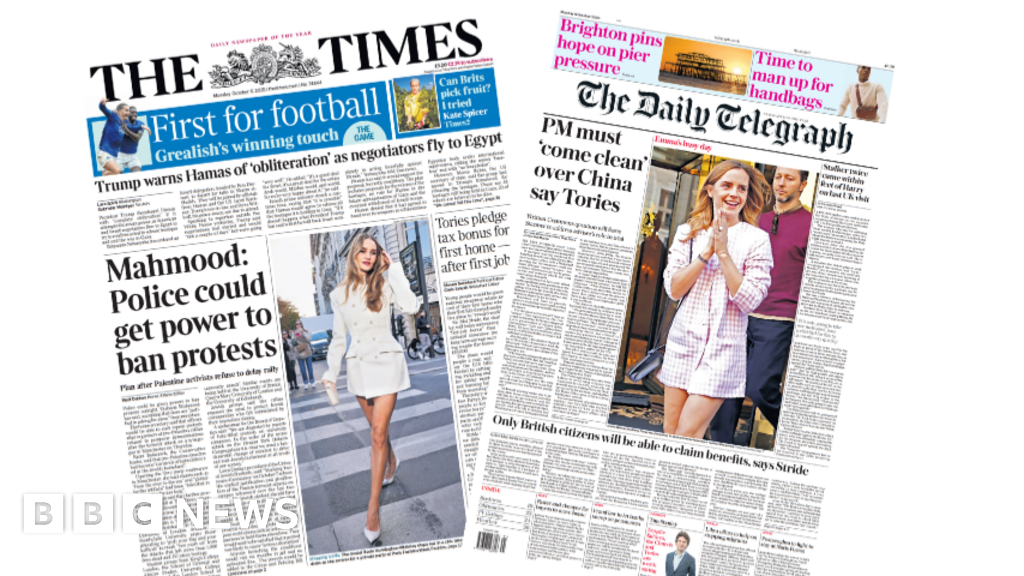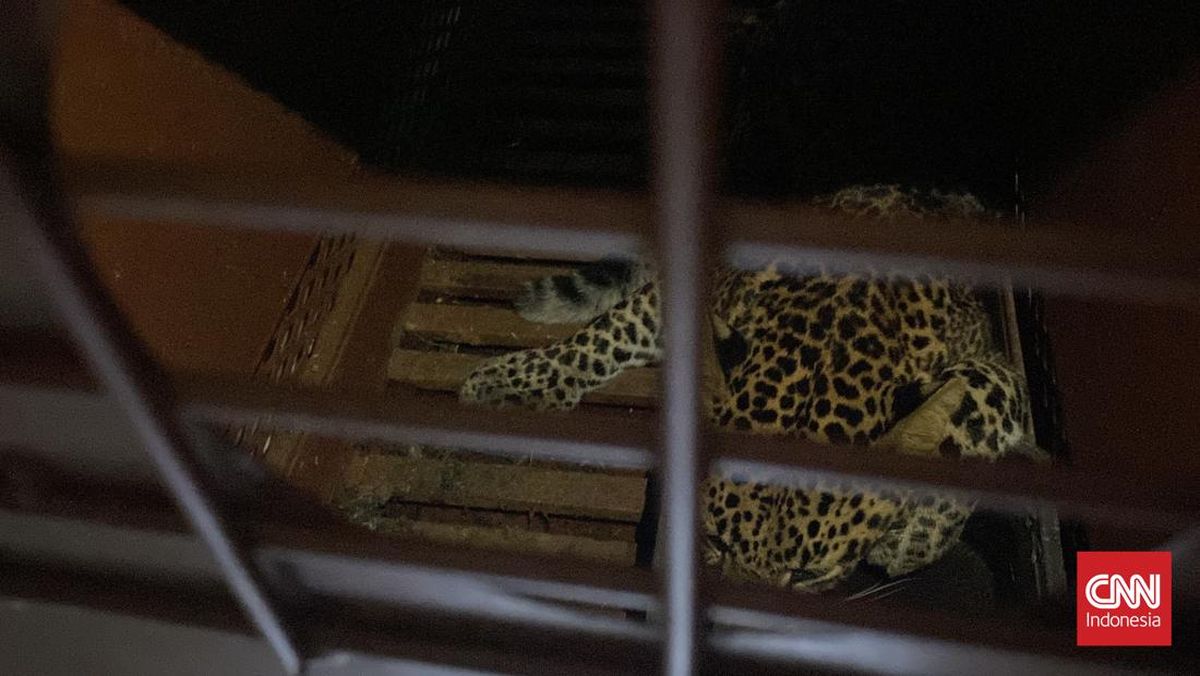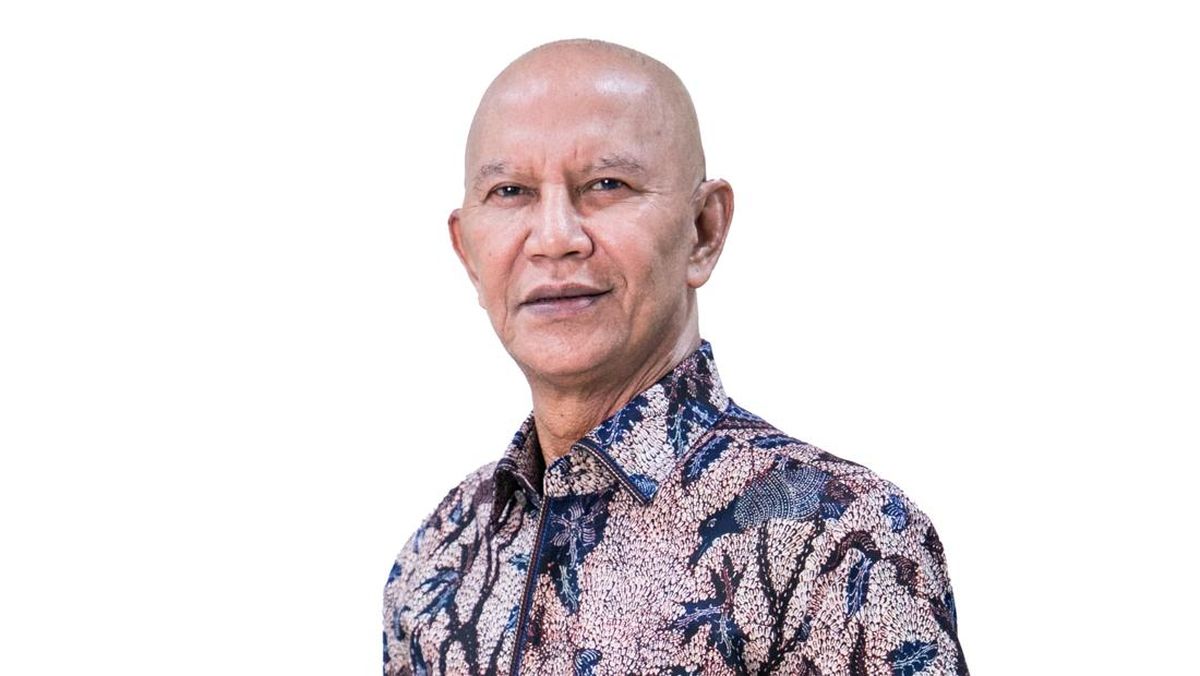‘If they can do it’: White House says Australia should follow NATO, lift defence spending
Washington: The Trump administration is poised to ratchet up pressure on Australia and other Indo-Pacific allies to increase defence spending to 3.5 per cent of GDP after being emboldened by an agreement from its NATO partners.
White House press secretary Karoline Leavitt told this masthead: “If our allies in Europe and our NATO allies can do it, I think our allies and our friends in the Indo-Pacific region can do it as well.” She said she would leave discussions of specific countries to the president.

White House press secretary Karoline Leavitt said if NATO countries could lift their defence spending, the US’s Asia-Pacific allies could, too.Credit: AP
The administration has already asked Australia to lift defence spending to 3.5 per cent from a projected 2.33 per cent by 2033, something the government says it is assessing. But the NATO decision makes it more difficult for Australia and other partners, such as Japan, to refuse.
“The developments at NATO suggest that the president and his team will be very keen that allies in the Indo-Pacific region follow a similar pattern in a commitment to increase defence expenditure,” said Arthur Sinodinos, a former Australian ambassador to the US, who is now at The Asia Group and co-chair of the AUKUS Forum, a group for AUKUS-related businesses.
“Clearly, that puts the onus on Australia and other partners in the Indo-Pacific to explain their current levels of defence spending and how they are contributing to the alliance network in the region,” Sinodinos said.
Prime Minister Anthony Albanese defended Australia’s defence expenditure on Friday, saying his government had already lifted investment in defence. “We’ve increased it by $57 billion over the medium term and by more than $10 billion in the short term, as well,” he said.
Loading
Charles Edel, Australia chair at the Centre for Strategic and International Studies and a former US State Department adviser, said the administration’s call to increase defence spending was in line with Australia’s own prerogative to prepare for regional security challenges.
“Preserving a favourable balance of power in the face of increasing Chinese provocations demands more robust efforts by Australia as well as the United States,” he said.
Such regional challenges will be on the agenda when Foreign Minister Penny Wong meets US Secretary of State Marco Rubio and their Indian and Japanese counterparts in Washington on July 1 for a regular gathering of the Quad group of nations.
Announced on Friday, this will be the second meeting of the four foreign ministers, following one hosted by Rubio the day after US President Donald Trump’s inauguration in January.

Prime Minister Anthony Albanese was quizzed after the White House reiterated calls for Asia-Pacific allies to increase military spending.Credit: Sam Mooy
“Next week’s summit builds on that momentum to advance a free, open and secure Indo-Pacific,” State Department deputy spokesman Tommy Pigott said at a regular news briefing. “This is what American leadership looks like: strength, peace and prosperity.”
Trump’s demands to substantially increase defence spending have caused friction with some allies. Last week, The Financial Times reported Japan cancelled a planned “2+2” meeting on July 1, the same day as the Quad meeting, to be attended by Rubio, US Defence Secretary Pete Hegseth and their counterparts. Tokyo reportedly took umbrage at the US “abruptly” calling for higher defence spending.
The US Department of Defence is also conducting a snap review of the AUKUS pact between the US, Australia and the United Kingdom to ensure it is in line with Trump’s “America First” priorities. It is widely expected that the US will ask for higher defence spending as part of any renegotiated deal, and could also bring trade into the discussions.
Trump told this week’s NATO summit that Spain would be made to pay “twice as much” in trade talks because it refused to sign on to the pledge to hike military expenditure.
Other NATO countries agreed to lift “core” defence spending to 3.5 per cent of GDP, and invest another 1.5 per cent on a broad range of defence-related measures such as improving roads, bridges, ports and airfields, countering cyber and hybrid attack measures, or preparing societies to deal with future conflicts.
Separately, Australian super funds, companies and investors will be spared a potential US tax increase buried in Trump’s flagship “One Big Beautiful Bill” after the US government agreed to strip the hidden nasty from the legislation.
Section 899 of the bill would have levied “increased rates of tax on foreign persons of discriminatory foreign countries”, starting at 5 per cent and increasing annually to as high as 20 per cent.
Loading
A number of Australian policies are considered unfair or discriminatory by the US government, making it likely Australians would have been hit by the policy.
But US Treasury Secretary Scott Bessent said it was no longer necessary due to an agreement with G7 nations that would defend American interests. Republican senators serving on financial committees said they agreed to remove the section from the bill.
with Penry Buckley, AP
Most Viewed in World
Loading


